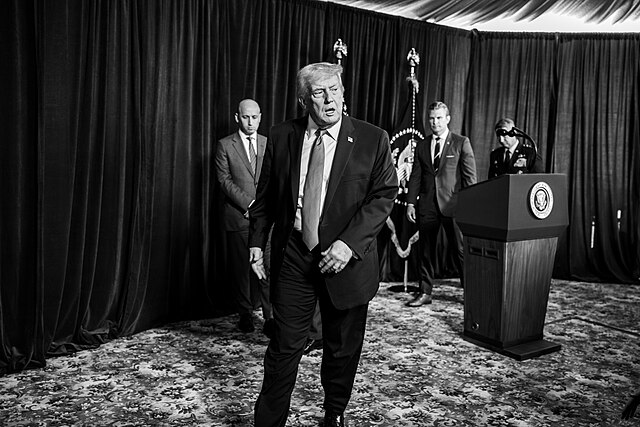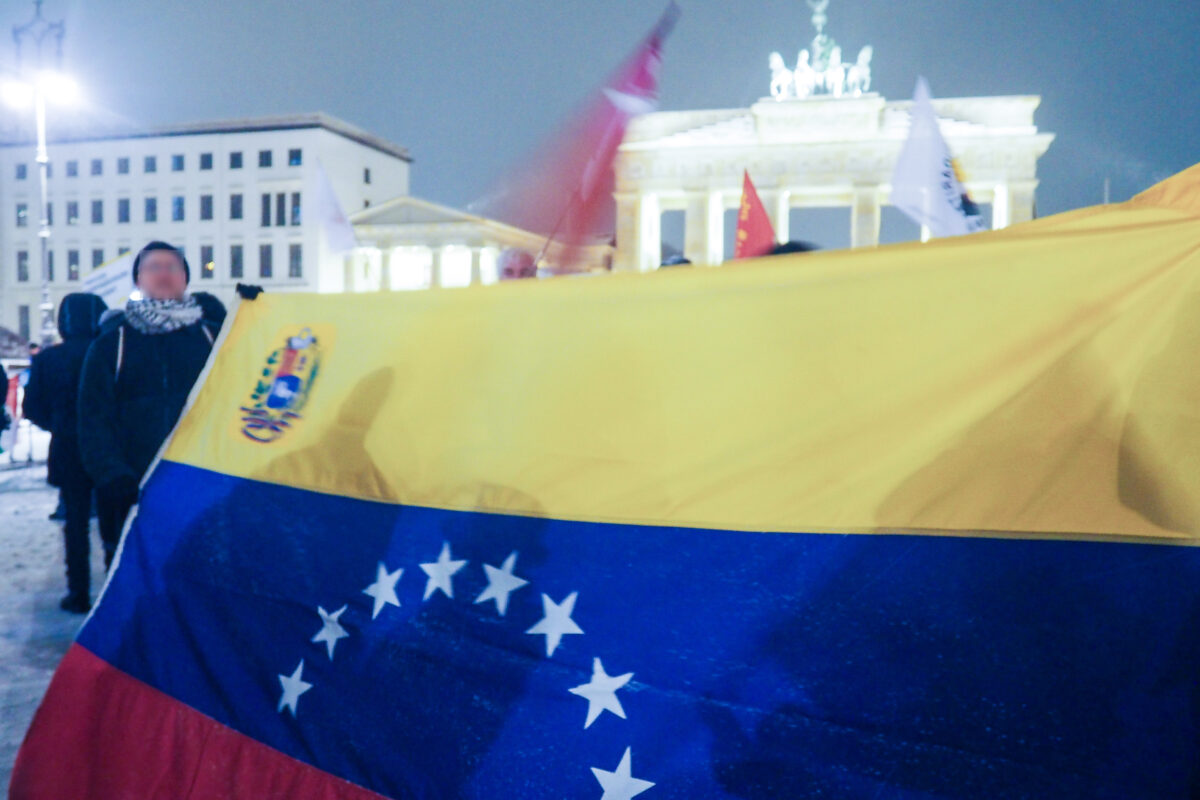What went on in Hamburg in 2017?
In the run-up to the 2017 G20 summit, the meeting of the governments of the 20 most powerful countries in the world, Hamburg was turned into a fortress to prevent protests as far as possible. Tens of thousands of police officers were deployed, general bans on demonstrations were imposed across the city, demonstrators travelling to the event were monitored, critical journalists were excluded and even the German army was involved. Despite this, hundreds of thousands of people took the opportunity to protest against the summit: After all, it is precisely these states that are largely responsible for inequality and exploitation, flight and war, neocolonialism, oppression and climate catastrophe.
From the very beginning, demonstrations and protests were attacked by the police, hundreds of people were injured, some of them seriously, and countless others were locked up in specially designed prisons. Despite this, there were massive, angry, creative and diverse protests in favor of a better world in which everyone can live without fear.
A good overview of the protests and police violence can be found in the documentary “Hamburger Gitter” – available on YouTube with English subtitles.
What is the new G20 process starting this week all about?
The first day of the summit was July 7. Thousands of activists were out and about from the early morning to demonstrate and block access routes for the summit participants. Various protest marches set off from the protest camp in Altona. On the way to the city centre, a group of around 200 people encountered several police units who brutally attacked the demonstration in Rondenbarg Street in Hamburg-Bahrenfeld from the front and behind and broke it up within a very short time.
The police immediately ran towards the demonstration without prior announcements, shouting loudly. Demonstrators were violently brought to the ground, beaten and insulted. There were numerous injuries ranging from lacerations and bruises to sprained neck vertebrae and open fractures.
Although there was massive police violence against the demonstrators and no police officers were injured, it is not the police but the demonstrators who are now on trial. Charges have been brought against a total of 85 people in the so-called G20-Rondenbarg-proceeding, and the trial for six of them will now begin on January 18 at Hamburg District Court.
What impact would a conviction have?
The public prosecutor’s office accuses all of the defendants of “serious breach of the peace”. None of the six defendants is accused of an individual act: Demonstrators are to be sentenced for mere presence at a demonstration! The minimum sentence for “serious breach of the peace” is six months in prison.
If the court follows the demands of the public prosecutor’s office and sentences those involved in the Rondenbarg proceedings, the freedom of assembly and thus the most important means of political debate in public spaces would be massively restricted.
In addition to the retrospective justification of police violence during the G20 summit, a permanent restriction of the right to demonstrate is the most important goal of the state in this trial. The trial is being organized on a correspondingly gigantic scale. The first instance alone will be heard over at least 25 days, with dozens of police officers invited as legal witnesses.
How can we show solidarity now?
We would be happy if as many people as possible came to the demonstration in Hamburg next Saturday, 20.01.2024! The details of the joint bus journey from Berlin are here.
There will be manifestations in front of the court on every day of the trial. We look forward to your support and participation here too. All dates can be found on our homepage. There will certainly also be other larger protest actions – not only in Hamburg, but hopefully also in Berlin and many other places.
What else can we do? We can (very importantly!) tell as many people as possible about the ongoing process and spread the word, we can distribute leaflets and put up posters, write our own texts, translate existing texts and show our protest against this political process in Hamburg in all imaginable diverse, angry and creative ways.
And perhaps most importantly, let us expand, broaden and intensify the struggles for which we already took to the streets in Hamburg in 2017: Against the impositions of capitalist normality, against war and isolation, armament and racism, patriarchy and environmental destruction, police violence, oppression and exploitation. Let’s come together, let’s change the world for the better!
The campaign „Gemeinschaftlicher Widerstand“ (“Community Resistance”) has been working on the so-called G20-Rondenbarg-proceedings since the end of 2019. It stands in solidarity with the 85 defendants. People across Germany are involved in organizing rallies, demonstrations, events and other solidarity actions as part of the campaign. The campaign’s call for solidarity is supported by more than 100 groups and initiatives. Contact: gemeinschaftlich@riseup.net




